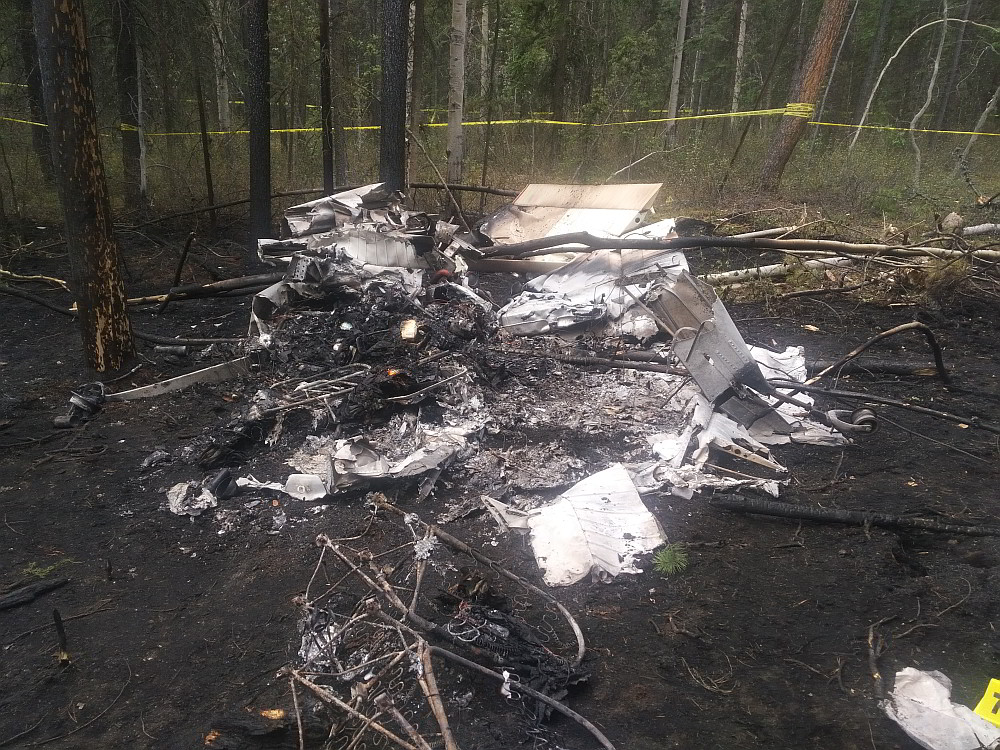Loss of control and collision with terrain after takeoff
Privately owned
Cessna 170B, N4512C
Whitehorse/Erik Nielsen International Airport, Yukon
The occurrence
On , a privately owned Cessna 170B aircraft, with a pilot and a passenger on board, departed Erik Nielsen Whitehorse International Airport (CYXY), Yukon, for Ted Stevens Anchorage International Airport, Alaska. Shortly after takeoff from Runway 14R, the aircraft departed controlled flight and collided with terrain approximately 2000 feet south of the runway. A post-impact fire consumed the aircraft, and both occupants were fatally injured.
Media materials
News release
Collision with terrain of a Cessna 170B near Erik Nielsen Whitehorse International Airport, Yukon
Read the news release
Deployment notice
TSB deploys a team following a fatal small aircraft accident in Whitehorse, Yukon
Edmonton, Alberta, 27 May, 2019 – The Transportation Safety Board of Canada (TSB) is deploying a team to Whitehorse, Yukon, following a fatal accident involving a Cessna 170.
Download high-resolution photos from the TSB Flickr page.
Class of investigation
This is a class 4 investigation. These investigations are limited in scope, and while the final reports may contain limited analysis, they do not contain findings or recommendations. Class 4 investigations are generally completed within 220 days. For more information, see the Policy on Occurrence Classification.
TSB investigation process
There are 3 phases to a TSB investigation
- Field phase: a team of investigators examines the occurrence site and wreckage, interviews witnesses and collects pertinent information.
- Examination and analysis phase: the TSB reviews pertinent records, tests components of the wreckage in the lab, determines the sequence of events and identifies safety deficiencies. When safety deficiencies are suspected or confirmed, the TSB advises the appropriate authority without waiting until publication of the final report.
- Report phase: a confidential draft report is approved by the Board and sent to persons and corporations who are directly concerned by the report. They then have the opportunity to dispute or correct information they believe to be incorrect. The Board considers all representations before approving the final report, which is subsequently released to the public.
For more information, see our Investigation process page.
The TSB is an independent agency that investigates air, marine, pipeline, and rail transportation occurrences. Its sole aim is the advancement of transportation safety. It is not the function of the Board to assign fault or determine civil or criminal liability.
